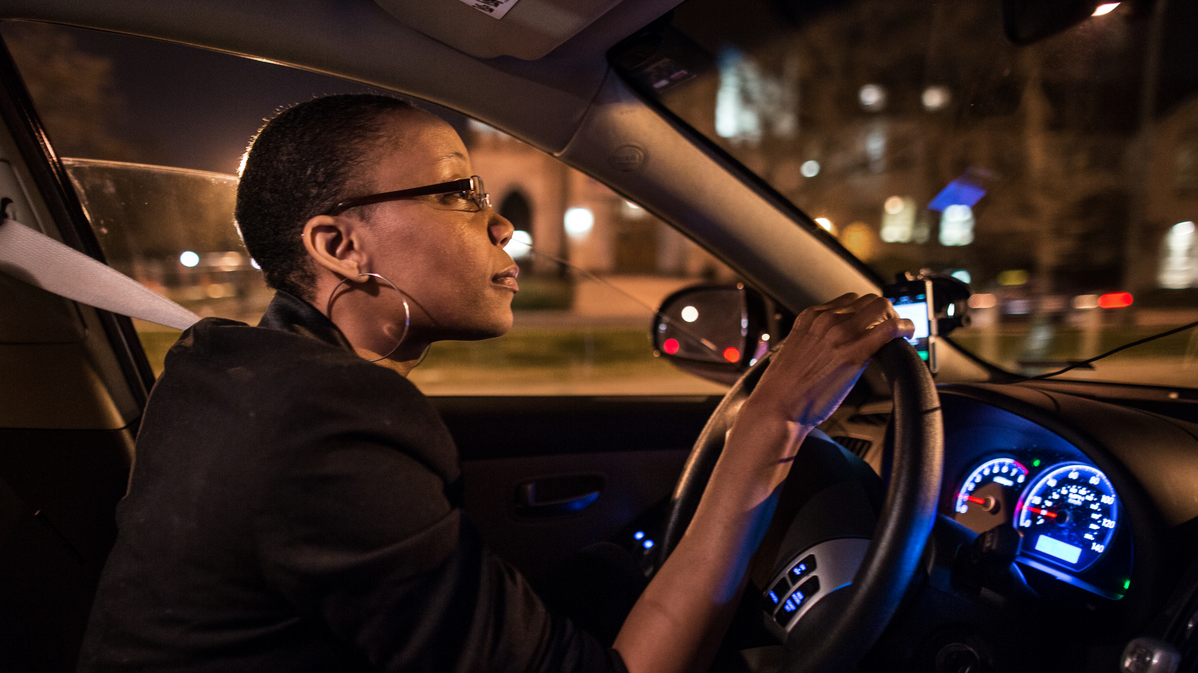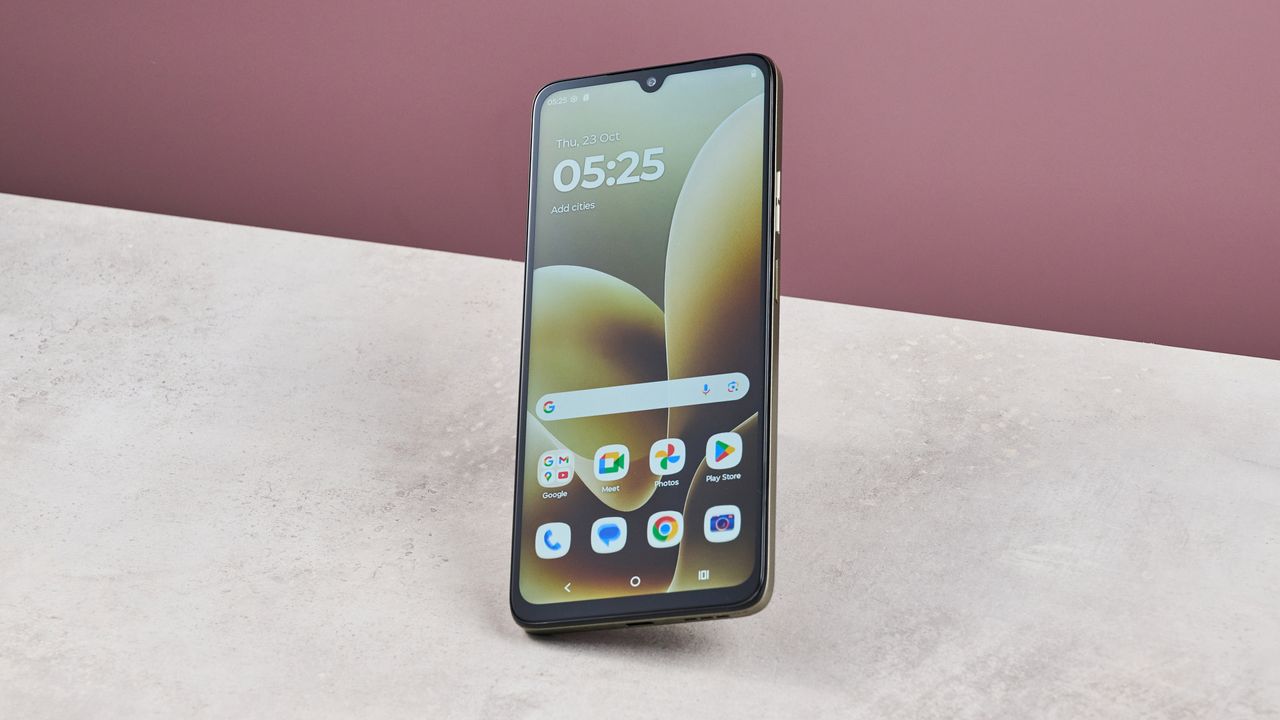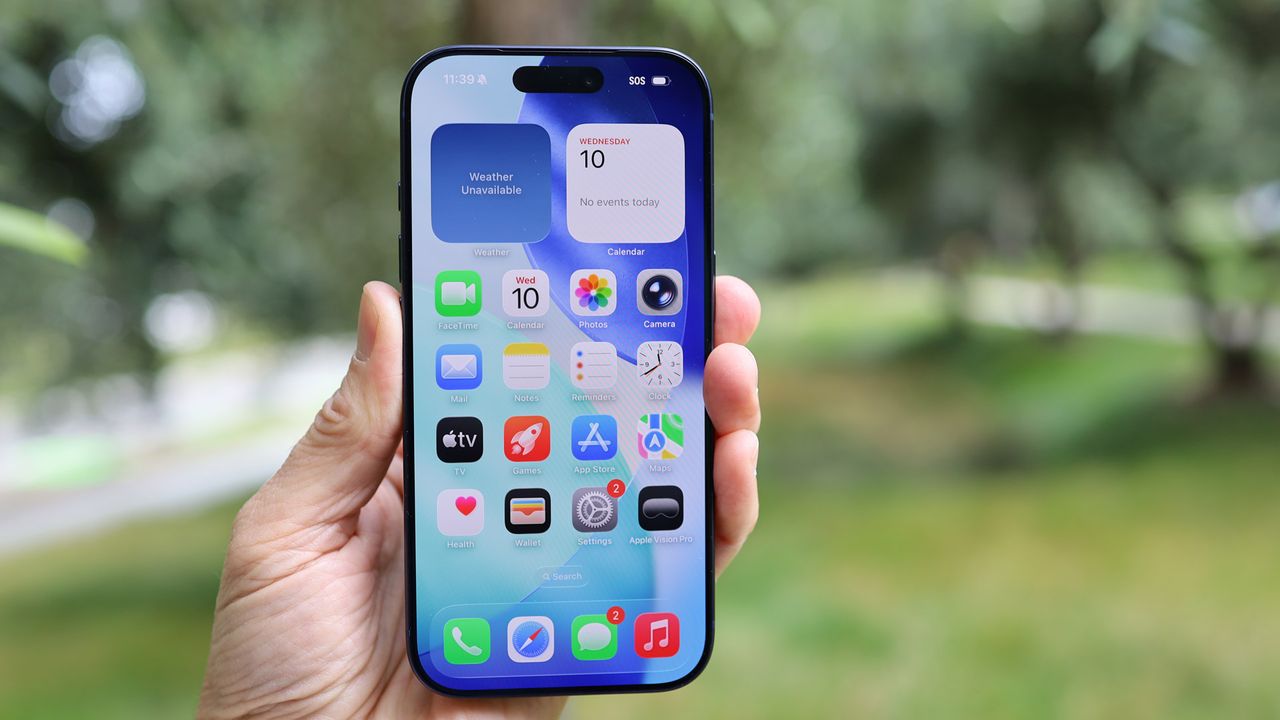
Recently, Transport for London (TfL) has issued a police statement that speaks to ridesharing within the City. Most of what is in the policy isn’t new. In fact, it speaks to a lot of older issues like the controversial English language test for Uber drivers. There is one thing in the policy that hasn’t been discussed before, which is the mechanism to allow passengers to choose who they share their vehicles with. The policy specifically speaks to women-only vehicles, but I’m concerned that this policy is worded too vaguely. Could someone deny a ride to someone based on other factors? Such as race.
The concept is listed under a section called “aspirations for PHV services”. PHV stands for “private hire vehicles”. As of right now, this is merely a request and not necessarily a rule. But TfL is also interested in the possibility of this becoming law someday. As I said, I wonder if people could filter out their riders based on other things. TfL, however, is saying that they’ve implemented this policy as a way to improve safety and customer service. Which makes sense given the fact that Uber lost its license to operate last year.

The concern was that Uber didn’t do any kind of criminal background check on the driver. The updated policy would require ride-sharing companies to provide “clear policies and action for the prevention and reporting of offenses.” In addition, they also require processes to be developed so that “any allegation of crime is reported to the police and TfL in a timely fashion”. In order to really bring this to the forefront, TfL is seeking feedback from stakeholders, taxi operators, private hire regulators and the public over the next year.
But let’s think about this rationally for a moment. Can people discriminate now based on the way that the passenger looks? Or their name for that matter? I think the answer is yes, unfortunately. Obviously, good drivers (and people) aren’t going to worry about who they’re driving around but will be happy with the fact that they have a fare in the first place. I’m just worried that by attempting to protect people from a safety perspective, TfL is actually going to create a bigger case of discrimination. With apps like Uber and Lyft, can the driver not self-select now? For example, when I call a Lyft, the driver can see my name and my picture. I should say all the drivers in the area can see my name and my picture, so presumably, if they don’t like me they can decide not to pick up my fare. With that, though, they are only hurting themselves so I guess in a way the system is ok?

I do think, though, that when governments or regulators are creating rules they need to do so with a lens of diversity and inclusion. That can mean different things depending on what kinds of rules are being created. An easy example is to think about maternity leave. Maternity leave is designed for a woman to take time off of work in order to have and care for a newborn baby. But some regulators felt that it was discriminatory against men. Yes, we know that men don’t give birth, but by not allowing men to participate in the parental leave, they were creating a system that only “benefitted” the women.
When I say “benefit” I simply mean in the fact that they were permitted to take the time off, whereas men weren’t given that benefit. That said, as cultures changed, this benefit was expanded to men and also people who adopt children. My point is that when we start to create rules we need to make sure that they’re not biased towards one gender, or one race or one culture. My worry about the TfL rule is that we’re looking at it through a narrow lens. But, given the need to ensure women are free from harassment, maybe this is the answer.



